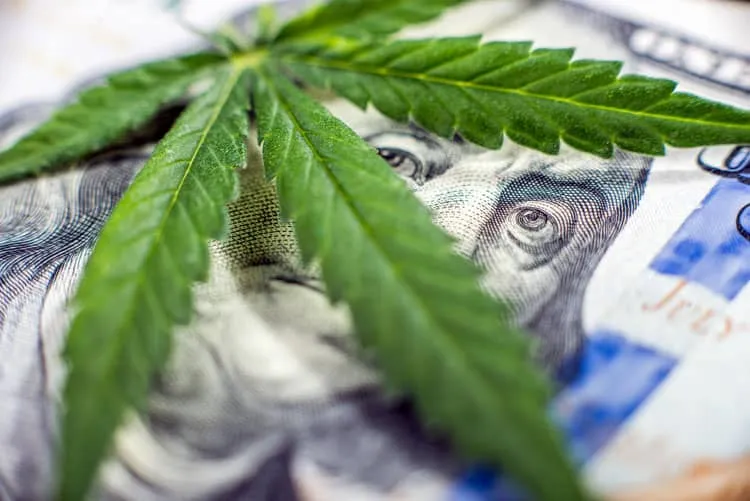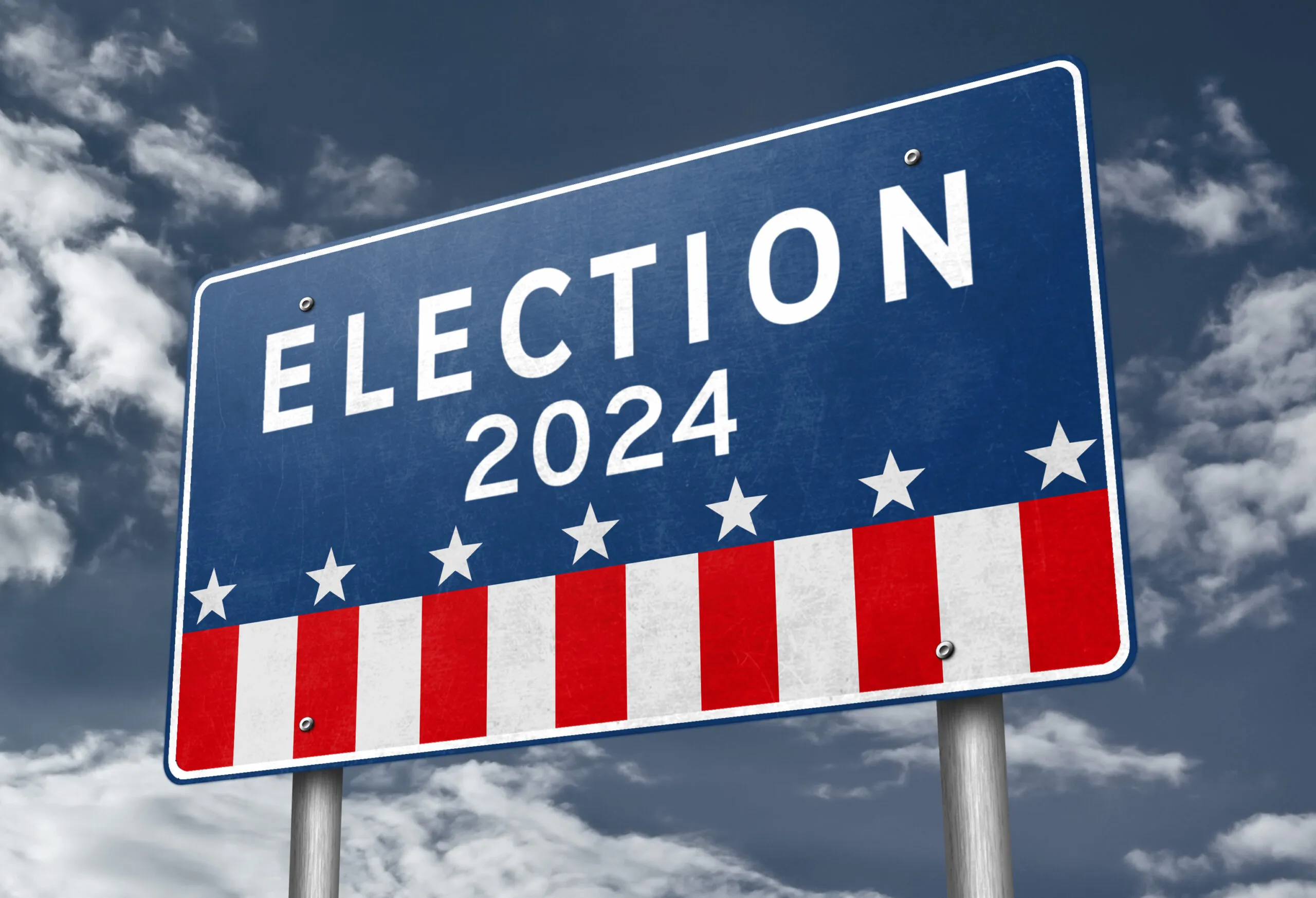Election 2021: Prop. 119 supporters concede, pot sales in NoCo towns in doubt
Update as of 8:45 p.m.
Supporters of Proposition 119, the statewide measure that would have raised marijuana sales taxes to fund certain educational programs, took to Twitter just after 8:30 p.m. to concede defeat.
“Though our support across the state was broad, Prop. 119 was voted down,” Vote Yes on Prop. 119 organizers tweeted.
SPONSORED CONTENT
With 986,179 ballots counted, 535,442 (54.29%) voters opposed the measure and 450,737 (45.71%) supported it.
“We all agree on the need to close the education gap, support after-school learning, and significantly provide valuable mental health services for young people. But Proposition 119 is not the answer,” Colorado Attorney General Phil Weiser said in a statement. “The measure diverts new marijuana tax revenue from appropriate uses, shifts limited state funds from our public K-12 schools, and it lacks robust oversight and accountability. I am committed to working with proponents and the General Assembly to come up with a better approach next year.”
The apparent rejection of Prop. 119 came despite support from high profile politicians including Gov. Jared Polis and Gov. Bill Ritter.
Supporters of the measure have vowed to fight on in support of Prop. 119’s goals.
“The significant gap in achievement between students from wealthy families and their low-income peers has been an unfortunate educational outcome in Colorado for years — and tonight’s results mean it will likely continue to get worse before it gets better,” Yes on Prop. 119 Curtis Hubbard said in a statement. “Access to affordable, quality after-school education services is not a possibility for many families living in Colorado — and we will work with anyone who has a better idea on how to tackle the problem.”
Meanwhile, on a more local level, voters are backing away from measures that would expand where cannabis can be sold.
In Fort Lupton, 1,008 ballots had been counted for Ballot Issue 2C as of 8:53 p.m. Of those, 506 voters opposed the measure and 502 supported it.
With 1,115 votes counted, Mead’s Question 2E had 676 votes against it and 449 for it.
Brighton’s Ballot Issue 3B had 87 votes cast with 60 in favor and 27 opposed.
Wellington voters continue to be split on the issue, with Question 2B receiving 1,144 votes in favor and 1,182 opposed.
Update as of 7:15 p.m.:
Colorado voters are leaning toward rejecting Prop. 119, early results show.
With 481,844 ballots counted, 229,761 (47.68%) were cast in favor of the measure and 252,083 (52.32%) opposed it.
Voters in a handful of Boulder Valley and Northern Colorado communities will have the chance to approve the sales of marijuana Tuesday evening.
While cannabis could be more widely available, it could also be more expensive as local communities, as well as voters from around the state, are set to weigh in on a series of new pot-related taxes.
The issues are:
- Statewide: Proposition 119 calls for increases to marijuana taxes across Colorado with proceeds to be used to fund Learning Enrichment and Academic Progress (LEAP) programs, which pay providers for out-of-classroom educational services for students between five and 17 years old who are eligible to attend public school.
A newly created Colorado Learning Authority, with members appointed by the governor, would oversee the program without oversight from the Colorado Board of Education.
The measure would raise taxes on pot from 15% to 20% and could raise as much as $87 million next fiscal year.
Supporters of Proposition 119 say the LEAP programs will benefit Colorado students, particularly those from underserved communities.
Opponents argue that the move is a step toward privatization of the state’s educational system and that additional taxes on marijuana could push buyers to the black market.
- Wellington: The town’s Board of Trustees referred a citizen-initiated measure to the ballot in May that would repeal the town’s ban on retail and medical marijuana sales beginning in February 2022.
Wellington voters will also consider an accompanying measure that would impose a 3.5% special sales tax on retail marijuana purchases that could later be raised to as much as 5%.
- Fort Lupton: Voters in the city will decide whether to add a new 1.5% tax on retail marijuana sales that could eventually be as high as 4%.
Proceeds will be routed to the Fort Lupton’s general fund, over which the City Council has spending discretion.
- Brighton: Local voters will decide whether to allow the sale of marijuana in Brighton city limits. If that passes, a new 4% tax to fund capital improvements would apply beginning in 2023.
- Mead: A ballot measure in Mead would allow town voters to repeal its ban on medical and retail marijuana sales and impose a new tax of 1% beginning in 2022 to be used for road improvements.
BizWest will be covering these ballot measures and many others throughout the evening on Tuesday. Check back early and often for updates.
Update as of 8:45 p.m.
Supporters of Proposition 119, the statewide measure that would have raised marijuana sales taxes to fund certain educational programs, took to Twitter just after 8:30 p.m. to concede defeat.
“Though our support across the state was broad, Prop. 119 was voted down,” Vote Yes on Prop. 119 organizers tweeted.
With 986,179 ballots counted, 535,442 (54.29%) voters opposed the measure and 450,737 (45.71%) supported it.
“We all agree on the need to close the education gap, support after-school learning, and significantly provide valuable mental health services for young people. But Proposition 119 is not the answer,” Colorado Attorney General Phil…





